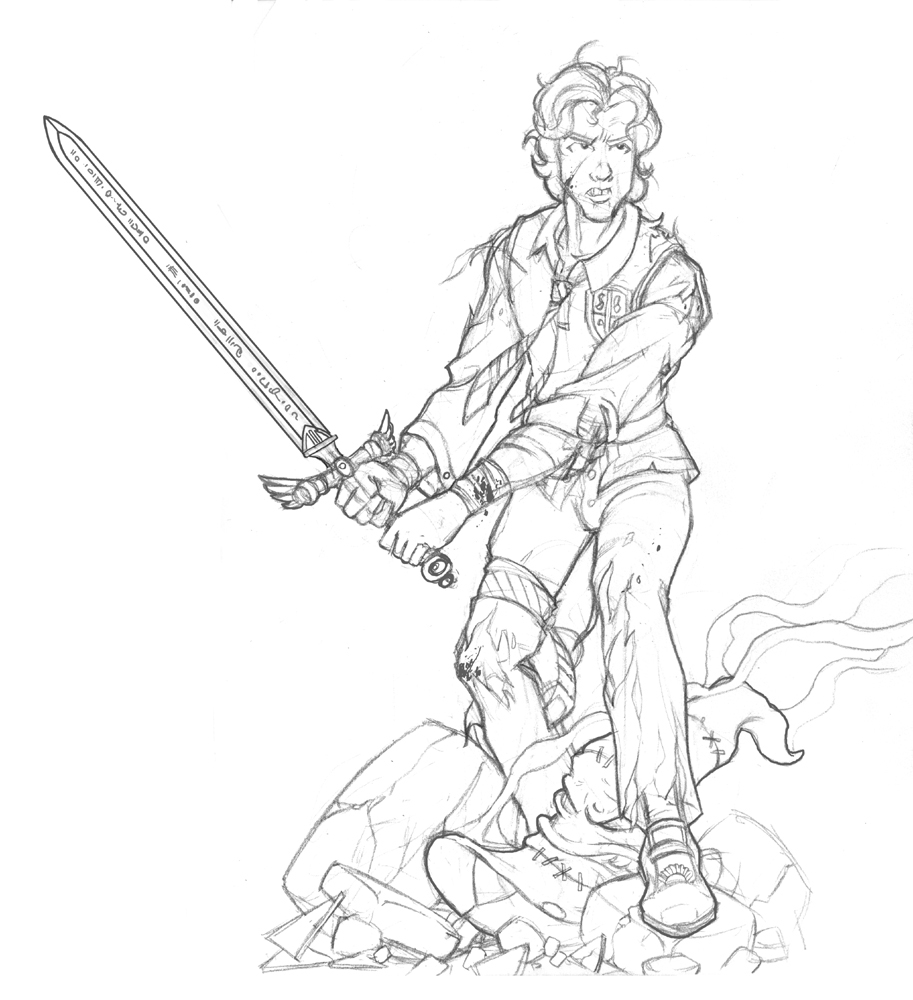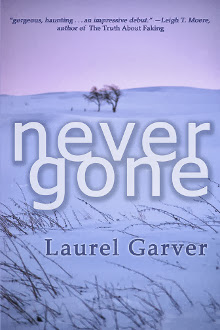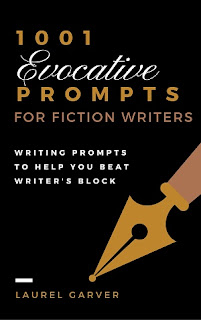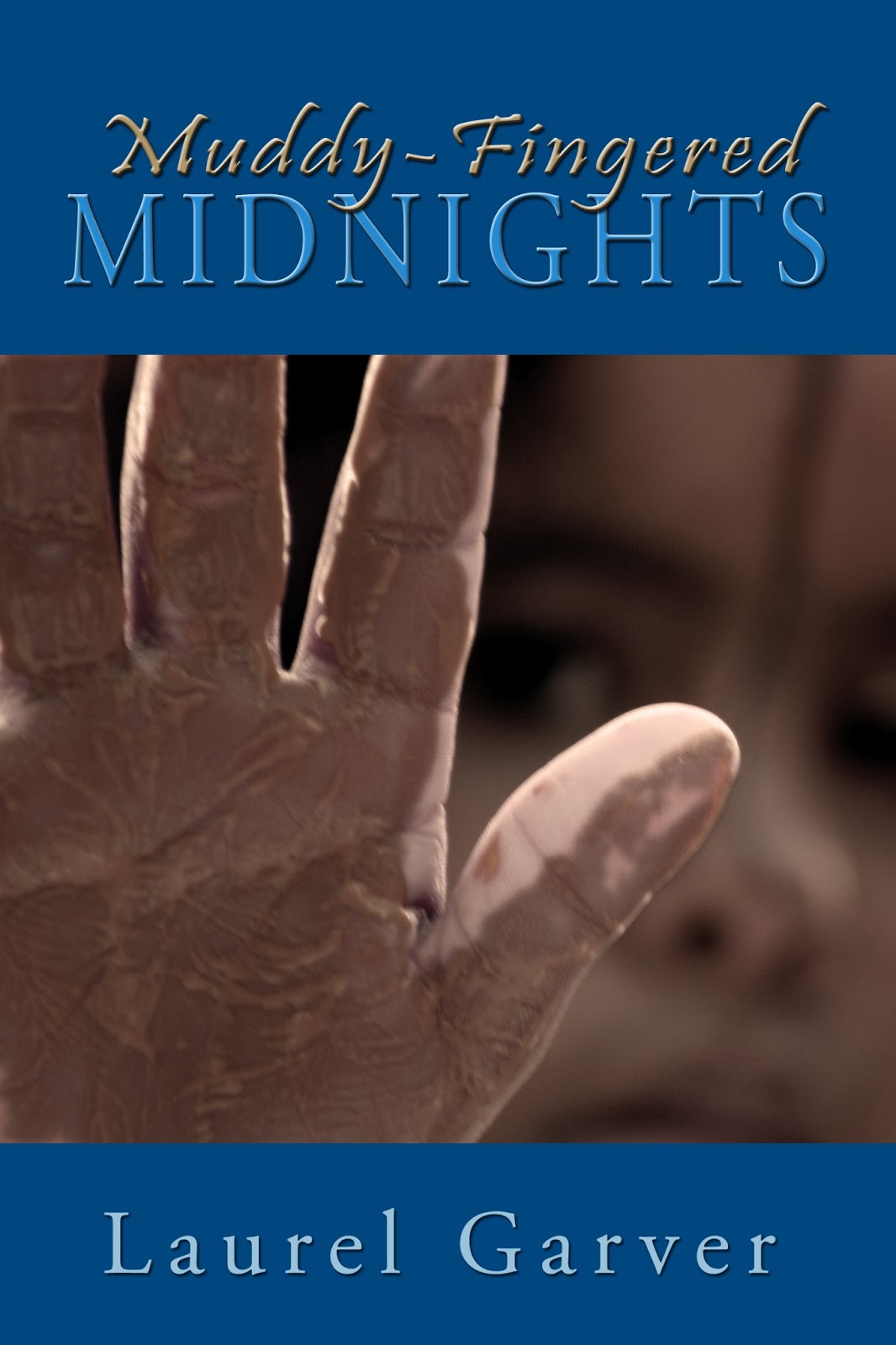As 2010 draws to a close, so does my countdown of top blogposts of the year. The post below original appeared in April. I was pleasantly surprised that Mr. Maass himself stopped by to chime in on the topic. (Don't believe me? See the original.)
Have a safe and Happy New Year, friends!
= = = = =
 In my post about setting, many of you commented that you don’t feel comfortable writing about setting and that setting descriptions are what you’re most likely to skim when reading.
In my post about setting, many of you commented that you don’t feel comfortable writing about setting and that setting descriptions are what you’re most likely to skim when reading.
Why is that? Perhaps you haven’t seen it done engagingly often enough. It's easy for setting descriptions to simply be an “establishing shot,” to borrow a film term. Image without meaning.
In Writing the Breakout Novel, Donald Maass argues that one "is at a distinct disadvantage by feeling indifferent to the time and place in which one's story takes place." Whether it's a foreground or background concern, stories that succeed don't ignore setting. But how do you keep them lively? The key, Maass says, is not how a place looks, but its psychological effect on characters.
I’ve had to conquer some dull description in my work and found Maass's observations really helpful. However, he stopped at diagnosis and didn't include treatment, so I thought I'd dive in and explain some the techniques I tried. Here is an example I most recently revised:
==============================
Uncle Philip’s tires grind across cobblestones as we enter Ashmede. The main street, lined with quaint shops and pubs, is holiday-quiet. We stop to drop off my grandparents at the rectory, a tall, narrow stone house beside a twelfth-century church and a graveyard full of ancient, mossy tombstones.
==============================
As we enter Ashmede, Uncle Philip’s tires grind across cobblestones, making my clenched teeth rattle. The main street, lined with quaint shops and pubs, is scary quiet. Like a monster ate everyone. We stop to drop off my grandparents at the rectory, a tall, narrow stone house beside a fortress-towered church and its graveyard full of ancient, mossy tombstones. In just days, a new granite slab will appear out there, marking the hole in my universe.
==============================
Which version do you prefer? What’s the difference between the two?
The first is shorter, certainly. And that can be one way to establish setting—keep it brief. Drop in just enough “telling detail”: cobblestones, pubs, twelfth-century, mossy. Give the readers enough information to co-create this world with you in their imaginations. Provide parameters, but refrain from naming every shop, or including overly technical details that don’t link to the story at large, like the church being built from hand-quarried limestone.
I’d argue that example one suffers from the “why should I care?” factor. And that’s what makes readers skip your descriptions. Your protagonist must engage with the setting, or your readers won’t.
In the revision (example two), I looked for ways to make this description less passive or static. It needed as sense of motion and emotion. Here are some areas to address to achieve that.
Physical effects
Whatever your setting, include a detail about how the protagonist is bodily changed within it. Twigs snap under your protagonists’ feet. The damp air makes her shiver. His stomach roils when he smells rot. Her ears pop while riding up the incline. In my example, driving over cobblestones makes Dani’s teeth rattle.
This roots characters in a scene, and gives a sense of realness to your story world.
Opinions
Engagement with setting will involve your character’s value system and expectations. When she comes across something familiar, she will judge it as “safe.” If it’s unfamiliar, she will find a way to categorize it.
In my example, Dani judges the small town to be “scary quiet.” The lack of New York hustle and bustle is unfamiliar and frightening.
Associations
In the process of judging and categorizing an environment, your character will call upon his memories, experiences and cultural influences. He’ll seek to find parallels with what he already knows to make sense of the data. Associations might be expressed as a snippet of back story, a cultural reference, or as a simile or metaphor.
In my example, Dani associates the quiet town with a horror film scenario and expresses it in a simile: “…scary quiet. Like a monster ate everyone.” In doing so, I’ve communicated something about her frame of mind and her frame of reference.
Another character would have seen the quiet and thought, “…is peaceful. Like the ease of sleep.” Or perhaps “…is dull as paste. Nothing exciting has happened here since the Viking invasion.”
Ties to the story problem and plot arc
A description that really pulls its weight will connect to the larger story arc. The setting your character is entering will either help or hinder her in her quest. It might present physical danger or shelter. It might make her let her guard down. It might remind her of the challenge she cannot avoid.
In my example, Dani sees the graveyard and predicts “In just days, a new granite slab will appear out there, marking the hole in my universe.” She is reminded again that her deepest problem—wrestling with grief—can’t be easily escaped by a simple change in venue. That connection to the larger arc is two-pronged: a direct association she makes with the setting and her declaration of meaning.
It’s a powerful question to ask when you approach any setting: What does this place mean to my character?
What writers do you admire who infuse their setting descriptions with meaning?
How might you add physical effects, opinions, associations and story-arc ties to your setting descriptions? Which of these is easiest? Hardest?
Have a safe and Happy New Year, friends!
= = = = =
 In my post about setting, many of you commented that you don’t feel comfortable writing about setting and that setting descriptions are what you’re most likely to skim when reading.
In my post about setting, many of you commented that you don’t feel comfortable writing about setting and that setting descriptions are what you’re most likely to skim when reading.Why is that? Perhaps you haven’t seen it done engagingly often enough. It's easy for setting descriptions to simply be an “establishing shot,” to borrow a film term. Image without meaning.
In Writing the Breakout Novel, Donald Maass argues that one "is at a distinct disadvantage by feeling indifferent to the time and place in which one's story takes place." Whether it's a foreground or background concern, stories that succeed don't ignore setting. But how do you keep them lively? The key, Maass says, is not how a place looks, but its psychological effect on characters.
I’ve had to conquer some dull description in my work and found Maass's observations really helpful. However, he stopped at diagnosis and didn't include treatment, so I thought I'd dive in and explain some the techniques I tried. Here is an example I most recently revised:
==============================
Uncle Philip’s tires grind across cobblestones as we enter Ashmede. The main street, lined with quaint shops and pubs, is holiday-quiet. We stop to drop off my grandparents at the rectory, a tall, narrow stone house beside a twelfth-century church and a graveyard full of ancient, mossy tombstones.
==============================
As we enter Ashmede, Uncle Philip’s tires grind across cobblestones, making my clenched teeth rattle. The main street, lined with quaint shops and pubs, is scary quiet. Like a monster ate everyone. We stop to drop off my grandparents at the rectory, a tall, narrow stone house beside a fortress-towered church and its graveyard full of ancient, mossy tombstones. In just days, a new granite slab will appear out there, marking the hole in my universe.
==============================
Which version do you prefer? What’s the difference between the two?
The first is shorter, certainly. And that can be one way to establish setting—keep it brief. Drop in just enough “telling detail”: cobblestones, pubs, twelfth-century, mossy. Give the readers enough information to co-create this world with you in their imaginations. Provide parameters, but refrain from naming every shop, or including overly technical details that don’t link to the story at large, like the church being built from hand-quarried limestone.
I’d argue that example one suffers from the “why should I care?” factor. And that’s what makes readers skip your descriptions. Your protagonist must engage with the setting, or your readers won’t.
In the revision (example two), I looked for ways to make this description less passive or static. It needed as sense of motion and emotion. Here are some areas to address to achieve that.
Physical effects
Whatever your setting, include a detail about how the protagonist is bodily changed within it. Twigs snap under your protagonists’ feet. The damp air makes her shiver. His stomach roils when he smells rot. Her ears pop while riding up the incline. In my example, driving over cobblestones makes Dani’s teeth rattle.
This roots characters in a scene, and gives a sense of realness to your story world.
Opinions
Engagement with setting will involve your character’s value system and expectations. When she comes across something familiar, she will judge it as “safe.” If it’s unfamiliar, she will find a way to categorize it.
In my example, Dani judges the small town to be “scary quiet.” The lack of New York hustle and bustle is unfamiliar and frightening.
Associations
In the process of judging and categorizing an environment, your character will call upon his memories, experiences and cultural influences. He’ll seek to find parallels with what he already knows to make sense of the data. Associations might be expressed as a snippet of back story, a cultural reference, or as a simile or metaphor.
In my example, Dani associates the quiet town with a horror film scenario and expresses it in a simile: “…scary quiet. Like a monster ate everyone.” In doing so, I’ve communicated something about her frame of mind and her frame of reference.
Another character would have seen the quiet and thought, “…is peaceful. Like the ease of sleep.” Or perhaps “…is dull as paste. Nothing exciting has happened here since the Viking invasion.”
Ties to the story problem and plot arc
A description that really pulls its weight will connect to the larger story arc. The setting your character is entering will either help or hinder her in her quest. It might present physical danger or shelter. It might make her let her guard down. It might remind her of the challenge she cannot avoid.
In my example, Dani sees the graveyard and predicts “In just days, a new granite slab will appear out there, marking the hole in my universe.” She is reminded again that her deepest problem—wrestling with grief—can’t be easily escaped by a simple change in venue. That connection to the larger arc is two-pronged: a direct association she makes with the setting and her declaration of meaning.
It’s a powerful question to ask when you approach any setting: What does this place mean to my character?
What writers do you admire who infuse their setting descriptions with meaning?
How might you add physical effects, opinions, associations and story-arc ties to your setting descriptions? Which of these is easiest? Hardest?































